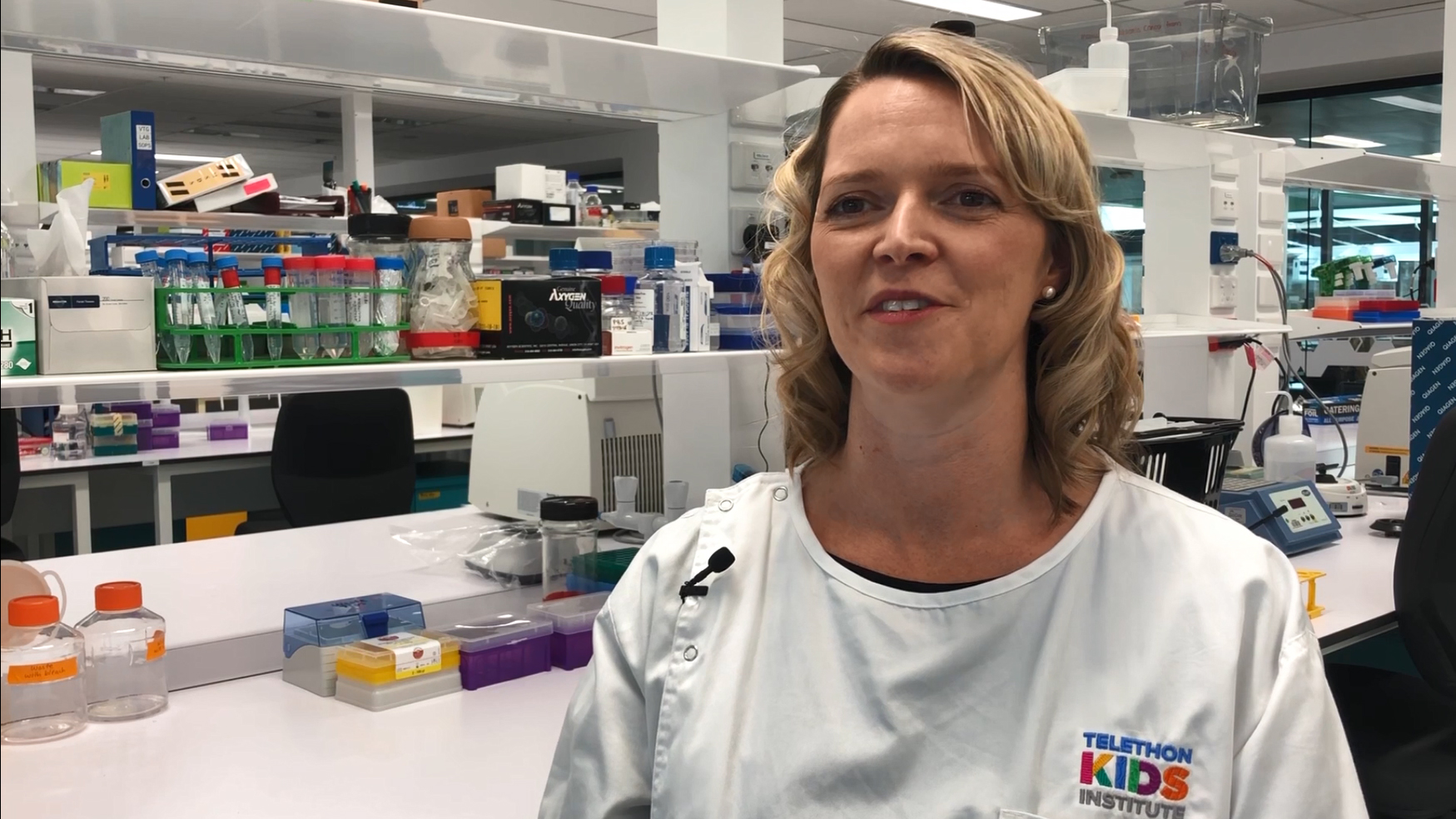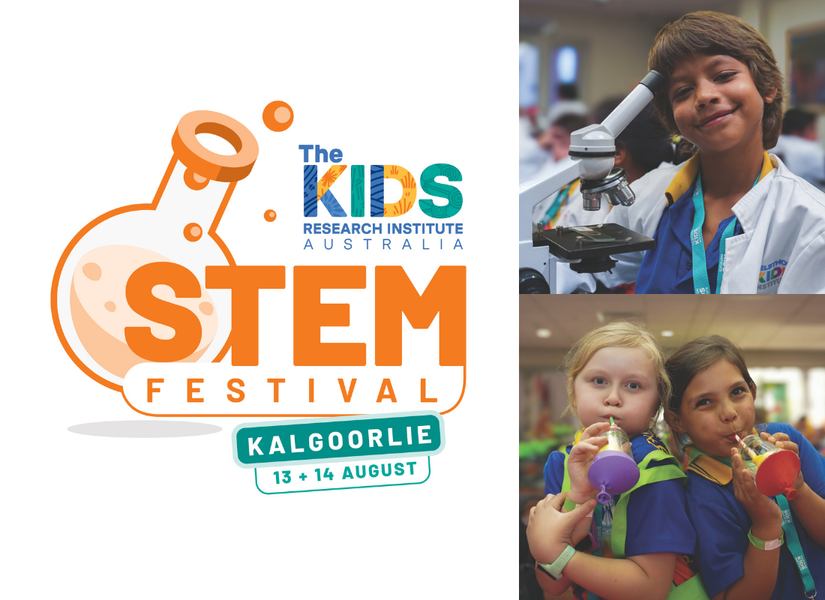Search

News & Events
Nasal spray to prevent ear infections closer to fruition thanks to major grantA nasal spray that could potentially prevent childhood ear infections and reduce antibiotic use is a step closer to clinical trials thanks to a $500,000 CUREator grant.

Research
The STAMP RSV ProgramSTAMP RSV is a multifaceted program of work with the single focus to prepare the community for the uptake of new and emerging RSV immunisation strategies by providing the evidence to inform public health policy.
This tool is designed to help current and future parents and caregivers as well as health care providers. It is currently based on the 2025 Western Australian RSV immunisation program.

Register now and experience an awesome adventure into the world of Science, Technology, Engineering and Mathematics this August!

Embark on a linguistic journey with KalyaKoorl’s tailor-made Noongar Language Programs.
Research
Examining the entire delayed respiratory syncytial virus season in Western AustraliaAn interseasonal resurgence of respiratory syncytial virus (RSV) was observed in Western Australia at the end of 2020. Our previous report describing this resurgence compared the 2019 and 2020 calendar years, capturing only part of the 2020/21 season.
Research
Does a major change to a COVID-19 vaccine program alter vaccine intention? A qualitative investigationOn 8th April 2021, the Australian Technical Advisory Group on Immunisation (ATAGI) made the Pfizer-BioNtech (Comirnaty) vaccine the “preferred” vaccine for adults in Australia aged < 50 years due to a risk of thrombosis with thrombocytopenia syndrome (TTS) following AstraZeneca vaccination. We sought to understand whether this impacted COVID-19 vaccine intentions.
Research
Risk factors and disease severity in Australian infants aged under 6 months hospitalised with influenza 2011–2019Infants aged <6 months are vulnerable to severe influenza disease and no vaccine is approved for use in this age group. We aimed to describe the epidemiology, risk factors associated with severe outcomes and management of influenza in Australian infants aged <6 months.
Research
COVID-19 in children: I. Epidemiology, prevention and indirect impactsChildren globally have been profoundly impacted by the coronavirus disease 2019 (COVID-19) pandemic. This review explores the direct and indirect public health impacts of COVID-19 on children. We discuss in detail the transmission dynamics, vaccination strategies and, importantly, the ‘shadow pandemic’, encompassing underappreciated indirect impacts of the pandemic on children.
